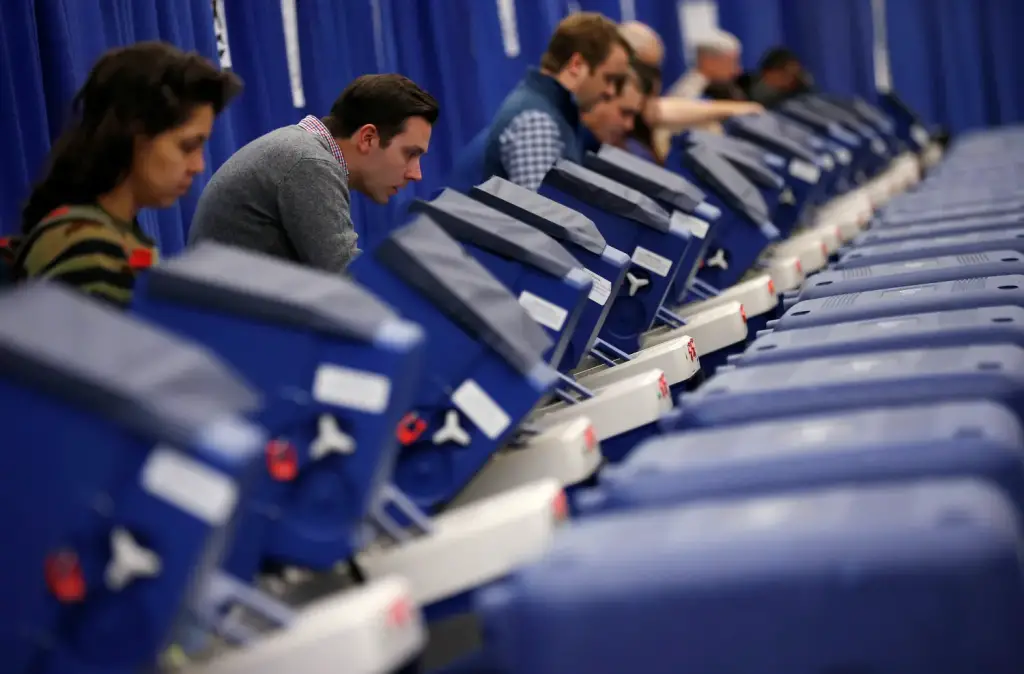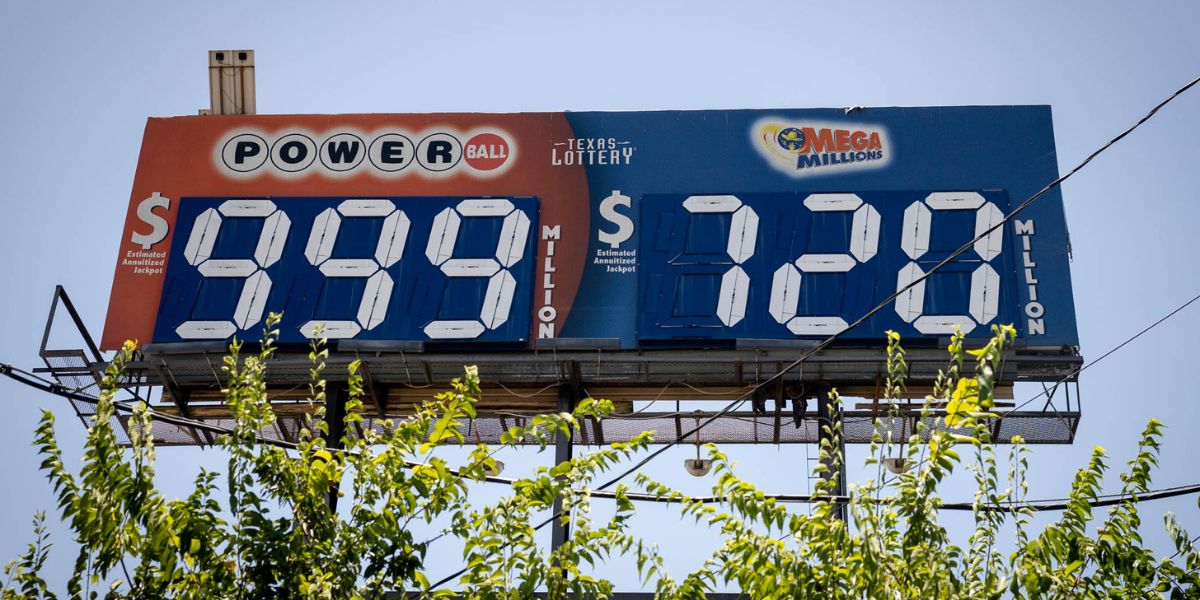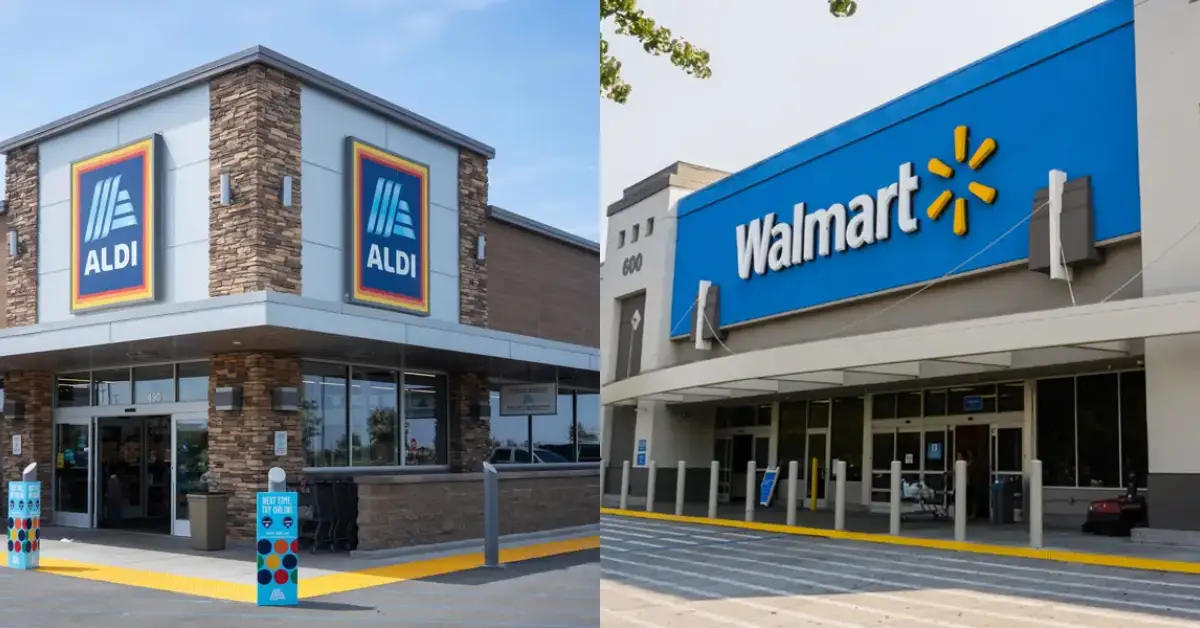In today’s rapidly changing political landscape, one thing is clear: Americans are increasingly frustrated with the status quo. The growing divide between the political parties, the constant gridlock in Congress, and the escalating challenges facing our nation all point to a deep yearning for change.
But despite the promises and rhetoric, the question remains: Can the Democrats deliver meaningful change? As much as Republicans are blamed for their role in the current state of affairs, it is increasingly clear that Democrats must step up and show they can be the ones to bring about the transformation this country needs.
The political polarization in the United States has reached unprecedented levels, and it’s no longer just about differing views on policy. It’s about fundamental differences in values and priorities. The American people are increasingly frustrated with a system that appears to be rigged against them, a system where the wealthy and well-connected hold disproportionate power and influence. It’s a system where big money and special interests seem to be the driving forces behind decisions, rather than the needs of ordinary citizens.
It’s easy to point fingers at the Republicans for this. After all, they have been the party of the rich, the corporate elite, and the status quo for decades. Their policies have consistently favored the wealthy and corporations, while leaving the working class and marginalized communities behind. But that argument alone doesn’t answer the question of what the Democrats are doing to fix the problem. It doesn’t answer the question of how the Democratic Party plans to challenge the power structures that are deeply entrenched in Washington, D.C.
Suppose Democrats want to remain relevant in the face of rising populism and growing disillusionment with the political establishment. In that case, they need to prove that they are capable of delivering real change. They can no longer afford to simply oppose the Republicans; they need to offer a clear vision of the future that addresses the problems ordinary Americans face on a daily basis. This means focusing on issues like healthcare, education, wages, climate change, and racial justice—issues that have the potential to unite people across party lines.
One of the key challenges the Democrats face is their own internal divisions. While there is a growing progressive movement within the party that is pushing for bold action on issues like climate change, universal healthcare, and economic inequality, there is also a more moderate faction that is hesitant to embrace such sweeping reforms. This internal struggle has made it difficult for the Democrats to present a unified front and a clear policy agenda. In the face of a highly polarized political environment, the inability to present a cohesive vision could be their downfall.
At the same time, Democrats must also contend with the reality that many Americans are disillusioned with the political process altogether. According to recent polling, trust in government is at historic lows, with many Americans believing that politicians are more interested in their own power and re-election than in solving the nation’s problems.
This sense of cynicism is particularly prevalent among younger voters, who have grown up in an era of economic instability, social unrest, and political dysfunction. If Democrats want to win back the trust of these voters, they must show that they are serious about addressing the issues that matter most to them.
A critical part of this effort is re-engaging with working-class voters, who have increasingly turned away from the Democratic Party in recent years. The rise of populist movements, both on the left and the right, has highlighted the growing sense of alienation felt by many Americans, especially those in rural and working-class communities.
For Democrats to truly represent the people, they must acknowledge this sense of frustration and make a concerted effort to address the economic and social challenges faced by these communities. That means taking bold action to address job losses, wage stagnation, and the erosion of social safety nets. Democrats must also challenge the influence of big money in politics and push for campaign finance reform to level the playing field.

Another key challenge for Democrats is how they approach issues of race and identity. The rise of movements like Black Lives Matter and the ongoing struggles for racial justice in the United States have exposed deep divisions within American society.
While many Democrats have embraced the call for racial justice and equality, there is still a significant portion of the party that hesitates to fully engage with these issues. To win the support of marginalized communities, particularly Black voters, Democrats need to demonstrate that they are committed to real, systemic change. This includes addressing issues like police brutality, mass incarceration, and economic inequality, which disproportionately affect people of color.
Democrats must also recognize the growing urgency of climate change. The increasing frequency of extreme weather events, the rise in global temperatures, and the rapid depletion of natural resources all point to the need for immediate and bold action.
Climate change is not just an environmental issue; it’s a matter of economic and national security. If Democrats want to be seen as leaders in the fight for a better future, they must prioritize the green economy, renewable energy, and sustainable development.
Of course, none of this will be easy. The Democratic Party is facing formidable challenges both internally and externally. The Republican Party remains a formidable opponent, with a loyal base of voters who are passionate about their beliefs.
And the media landscape, with its increasing fragmentation and partisanship, makes it harder than ever for Democrats to communicate their message to the American public effectively. But despite these challenges, Democrats must recognize that the time for bold action is now. They cannot afford to wait for the perfect conditions or the perfect candidate. They must act decisively, even if it means taking risks and pushing the envelope.
The upcoming elections present an opportunity for the Democratic Party to demonstrate that it can bring about the change that so many Americans are seeking. If they can unite behind a bold, progressive agenda that addresses the core issues facing the country, they have a chance to restore trust in government and reinvigorate the political system. But if they continue to rely on the same old politics of compromise and incrementalism, they risk being left behind as the country moves forward without them.
The Democrats must prove that they are more than just a party of opposition. They must demonstrate that they can be the party of change, the party that leads the country into a new era of opportunity, justice, and progress.
To do this, they must be bold, they must be visionary, and they must be willing to challenge the entrenched power structures that have held the nation back for so long. Only then will they be able to fulfill their promise to the American people and create a future that reflects the values of fairness, equality, and opportunity for all.
Disclaimer: This article has been meticulously fact-checked by our team to ensure accuracy and uphold transparency. We strive to deliver trustworthy and dependable content to our readers.




